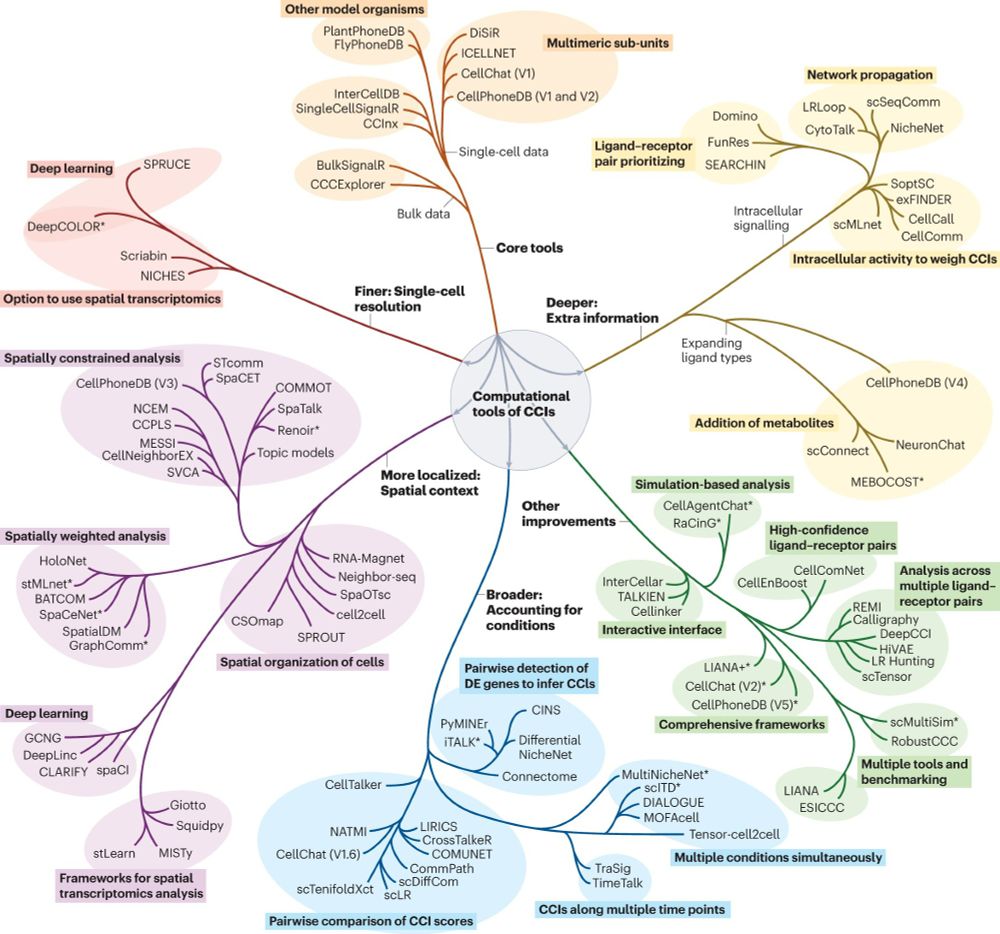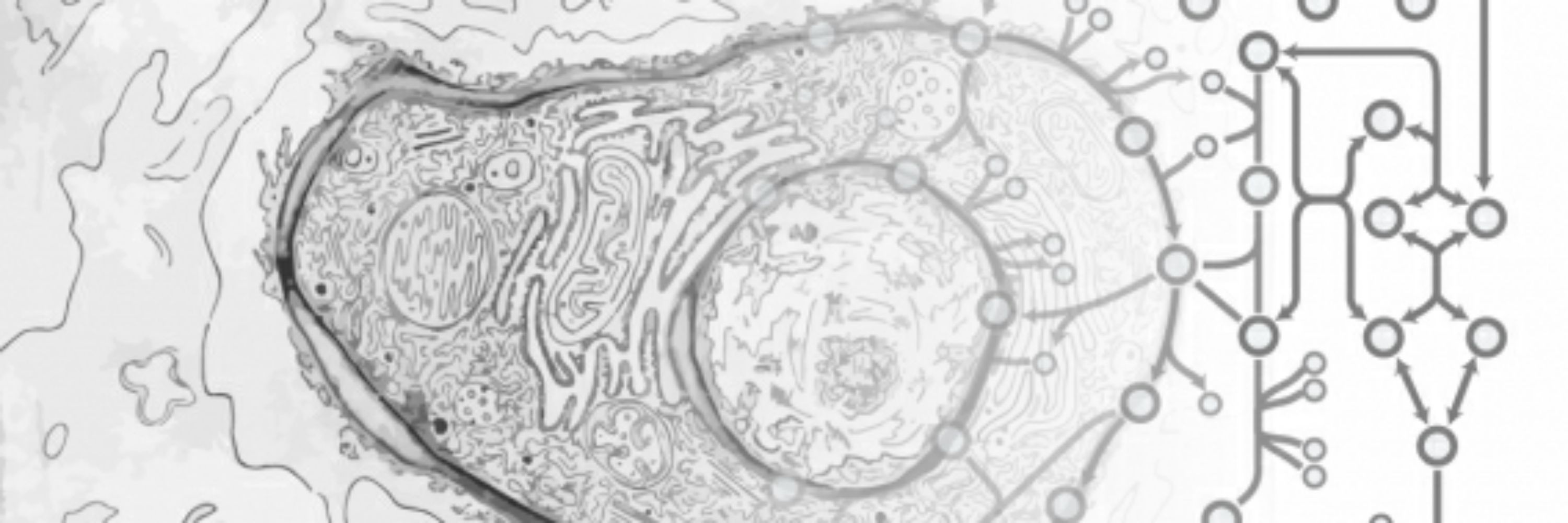



The colony has parvovirus.
www.biorxiv.org/content/10.1...

www.biorxiv.org/content/10.1...

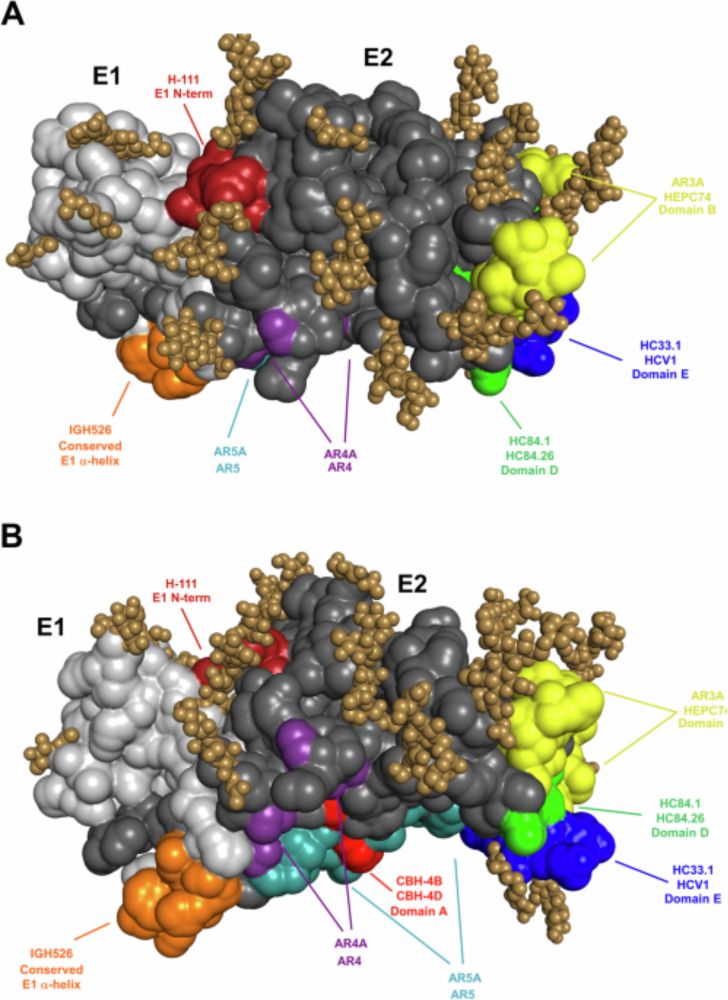
SARS-CoV-2 infectivity can be modulated through bacterial grooming of the glycocalyx. Great collab with Knight and Esko labs and many others #glycotime
journals.asm.org/doi/10.1128/...
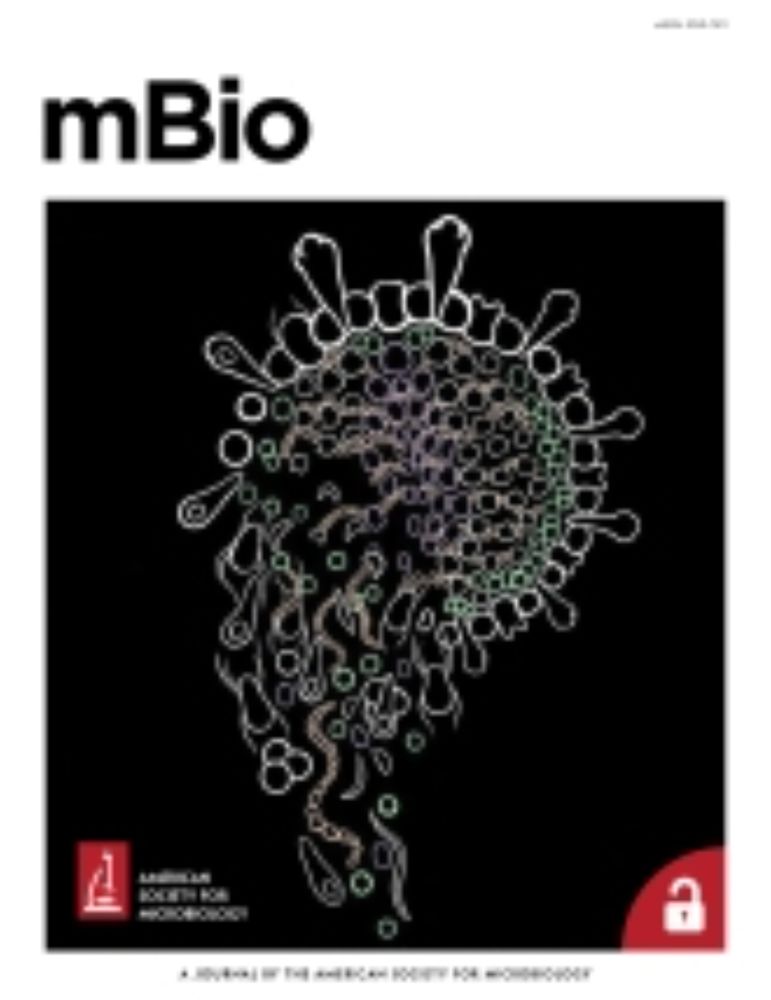
SARS-CoV-2 infectivity can be modulated through bacterial grooming of the glycocalyx. Great collab with Knight and Esko labs and many others #glycotime
journals.asm.org/doi/10.1128/...
🗓 Feb 4, 2025 | 🕒 10 AM EST
🎙️ Speaker: Dr. Parastoo Azadi, CCRC, @universityofga.bsky.social
💡 Research, Collaboration, Service & Training at CCRC
📑 Details: wiki.glygen.org
Also, don't miss our Jan webinar on Jan 28th!
#glycotime
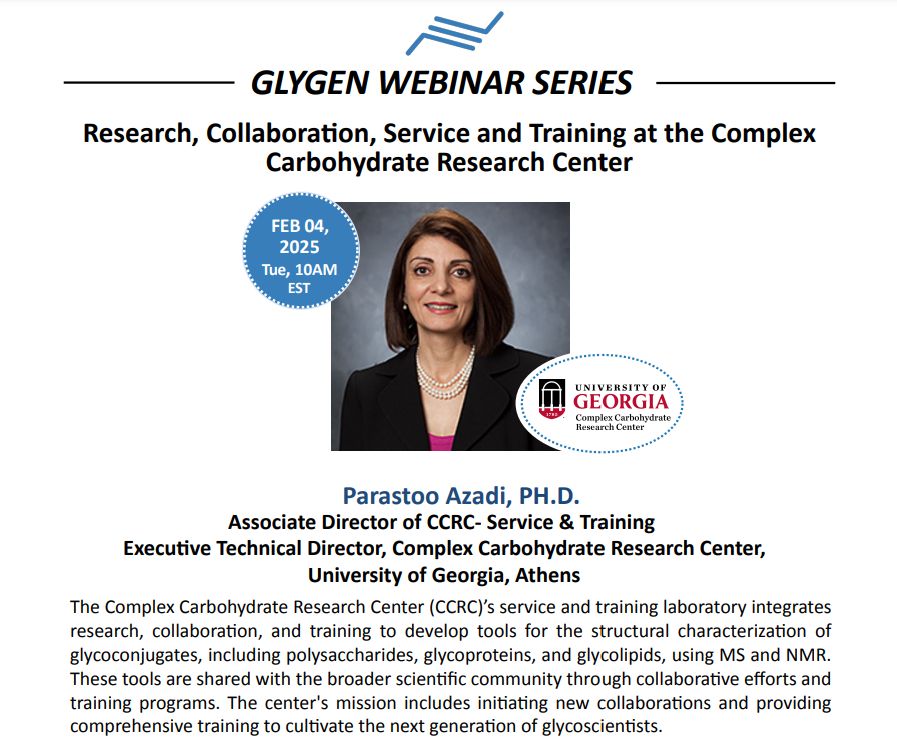
🗓 Feb 4, 2025 | 🕒 10 AM EST
🎙️ Speaker: Dr. Parastoo Azadi, CCRC, @universityofga.bsky.social
💡 Research, Collaboration, Service & Training at CCRC
📑 Details: wiki.glygen.org
Also, don't miss our Jan webinar on Jan 28th!
#glycotime
@natelewis3.bsky.social showing you can eliminate the Warburg effect in mammalian cells w/out impacting growth rate is out now in @natmetabolism.bsky.social!
www.nature.com/articles/s42...
#science #biotech #cancermetabolism
Thread below:
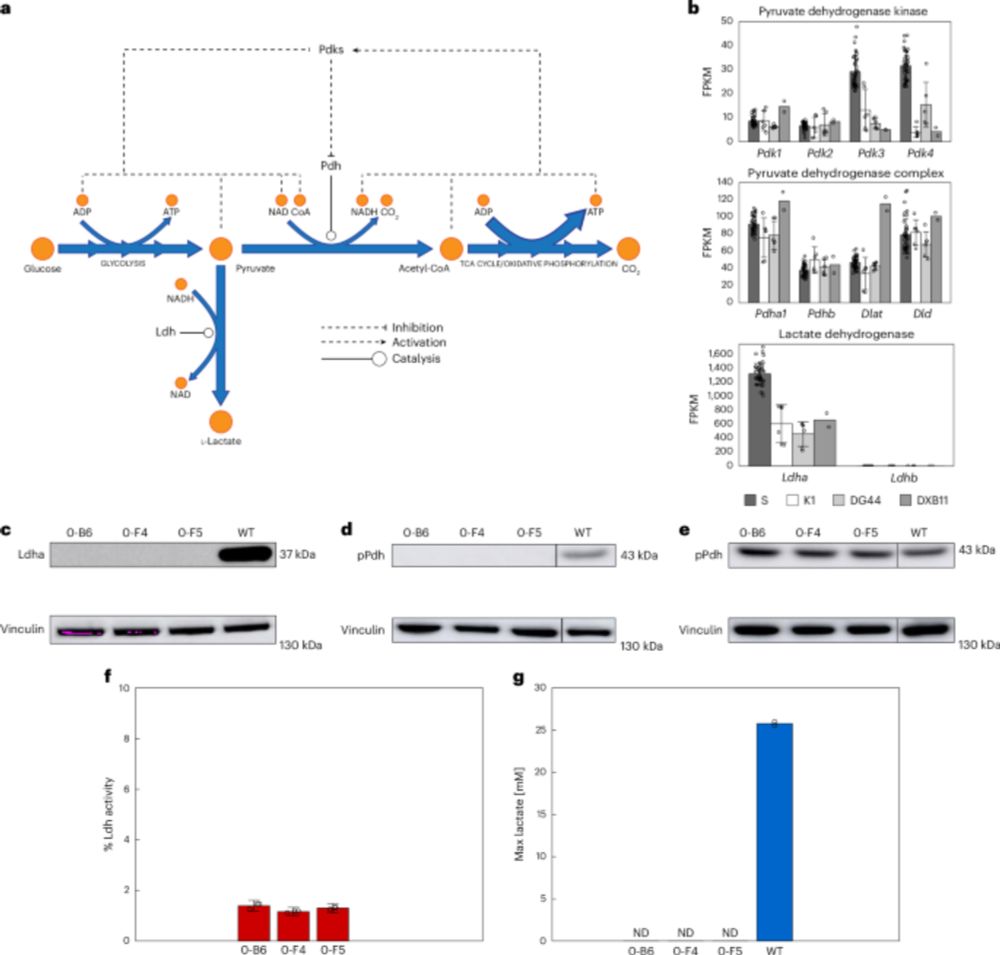
@natelewis3.bsky.social showing you can eliminate the Warburg effect in mammalian cells w/out impacting growth rate is out now in @natmetabolism.bsky.social!
www.nature.com/articles/s42...
#science #biotech #cancermetabolism
Thread below:
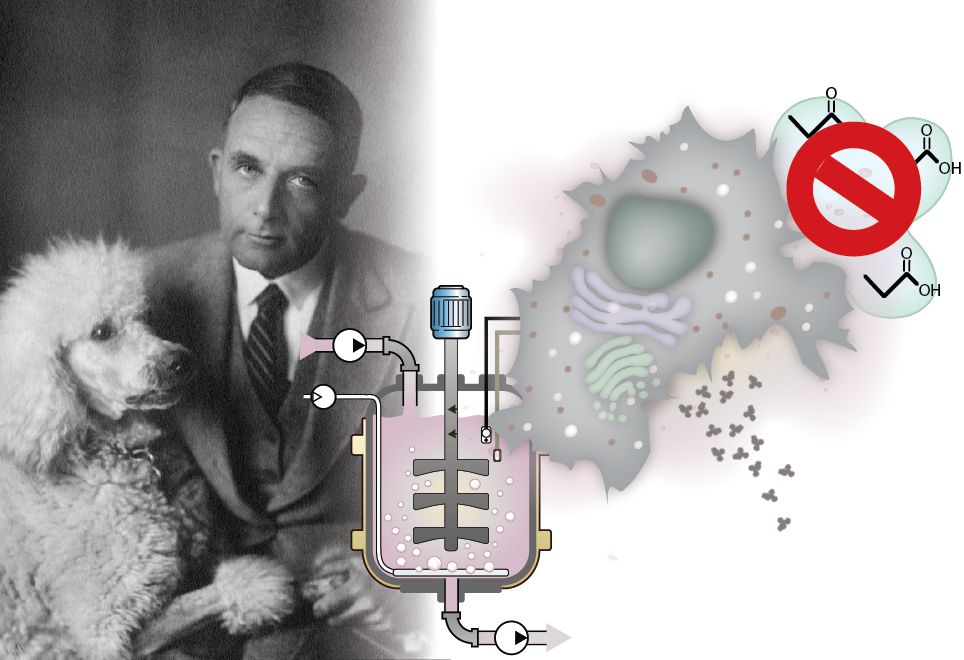
#glycotime
www.ugajobsearch.com/postings/400...
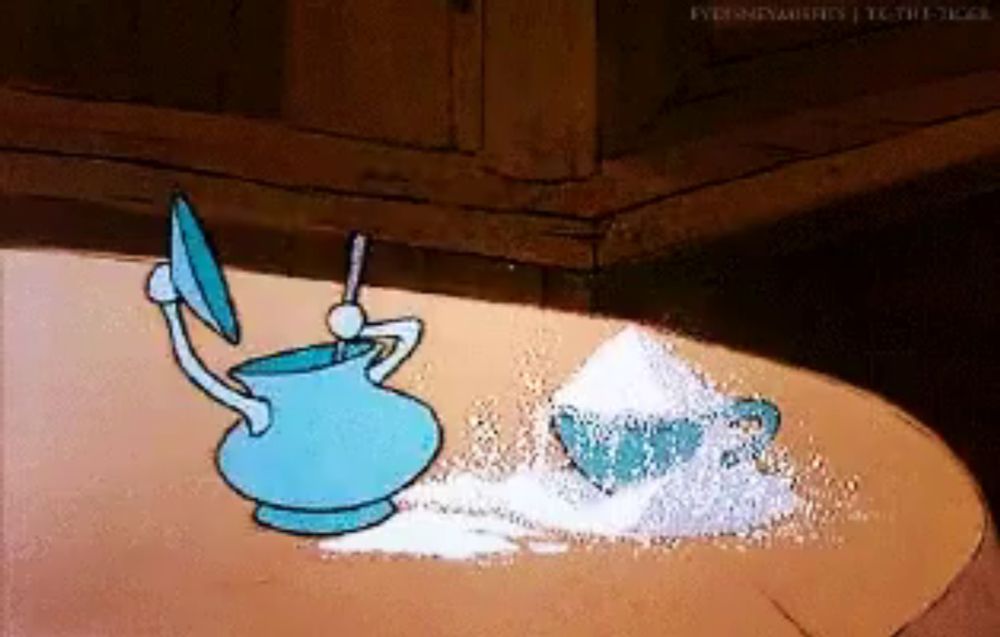
#glycotime
www.ugajobsearch.com/postings/400...
